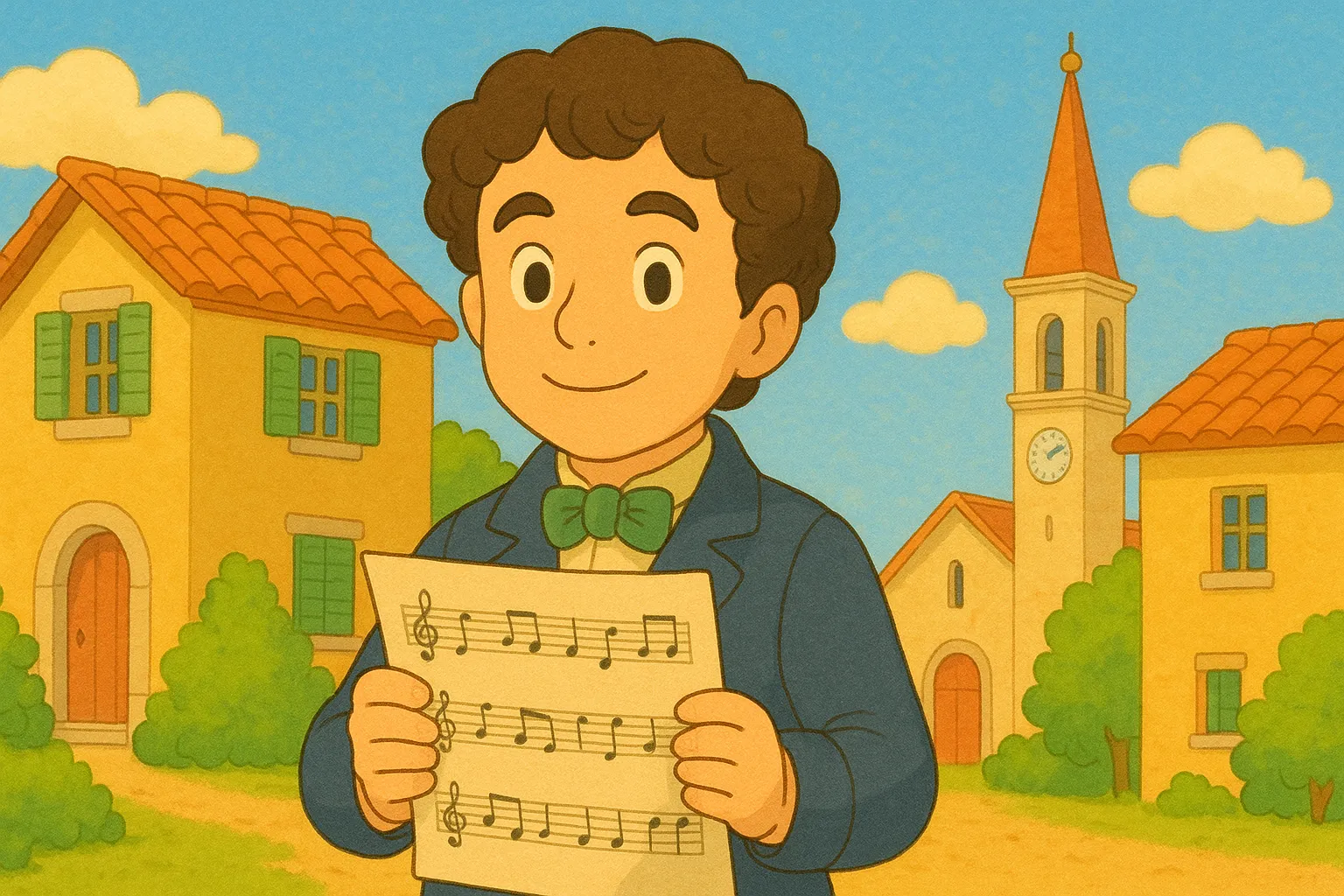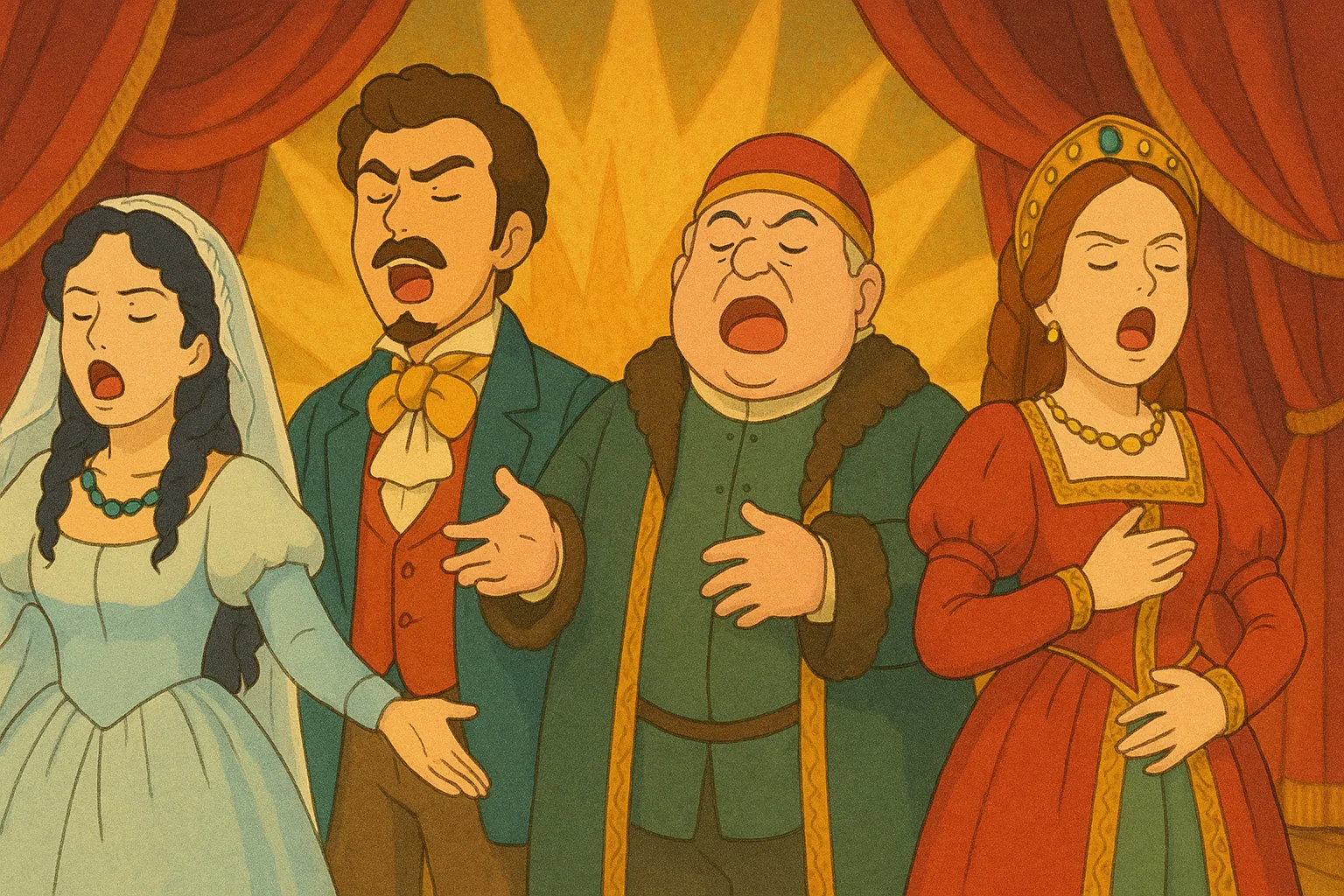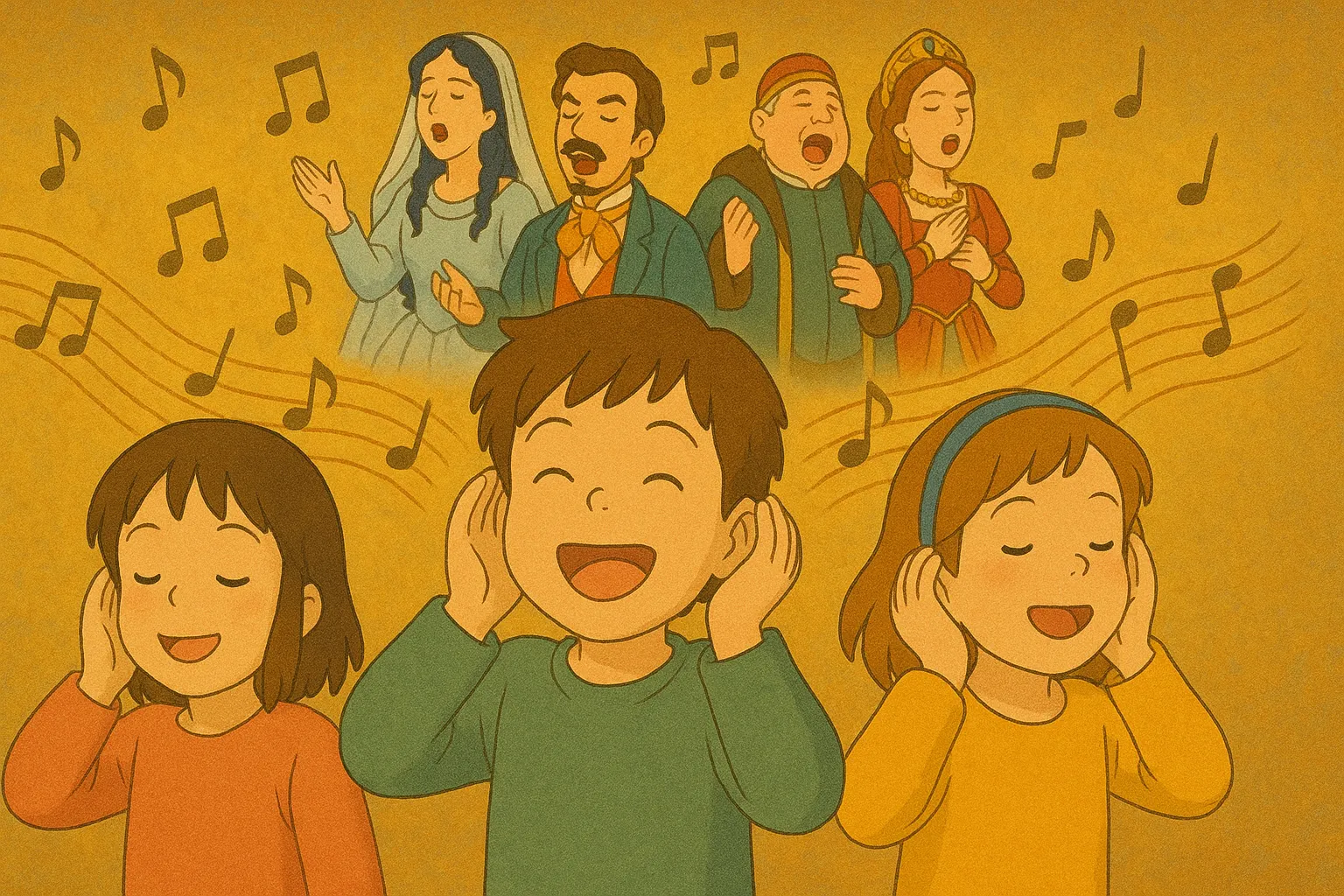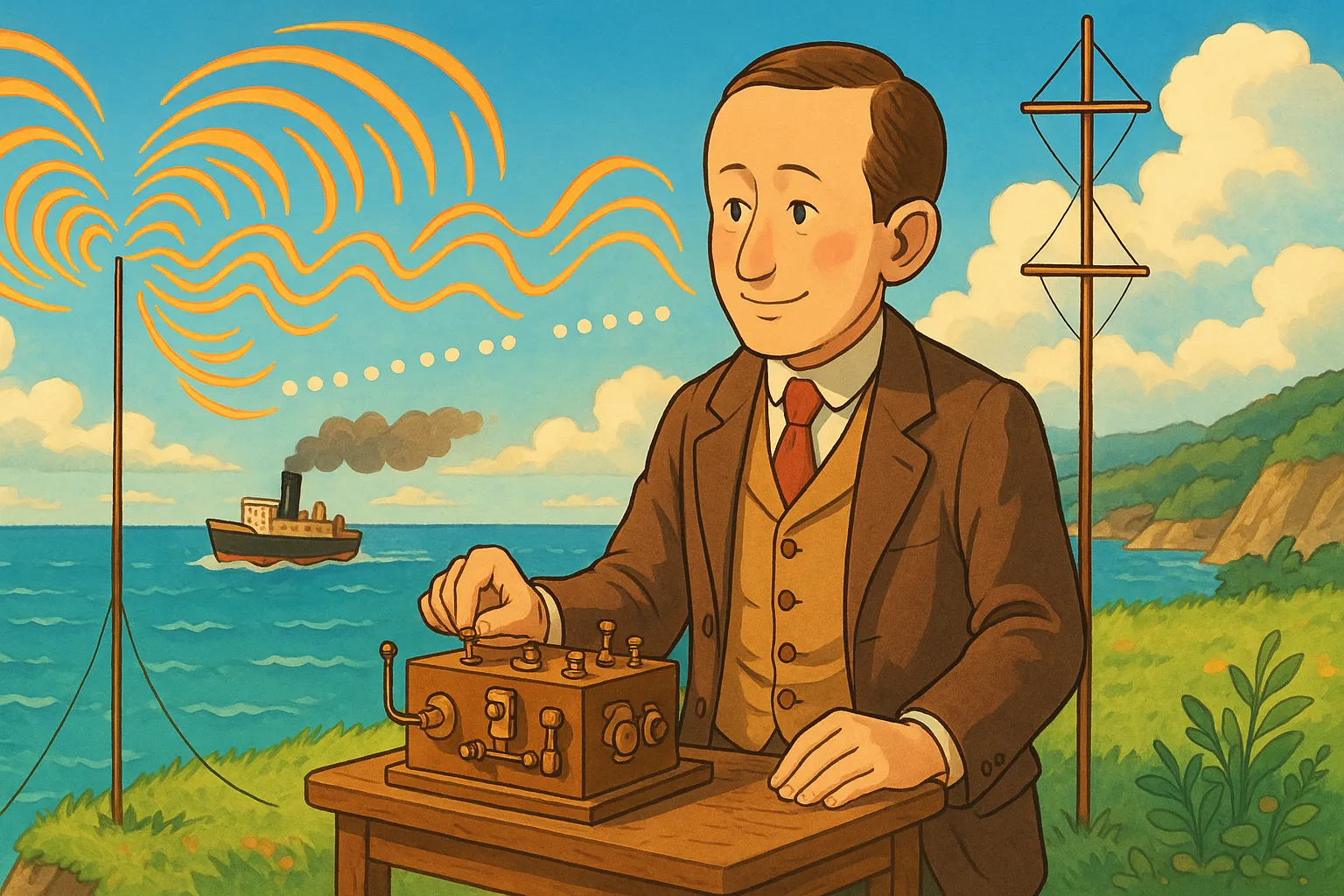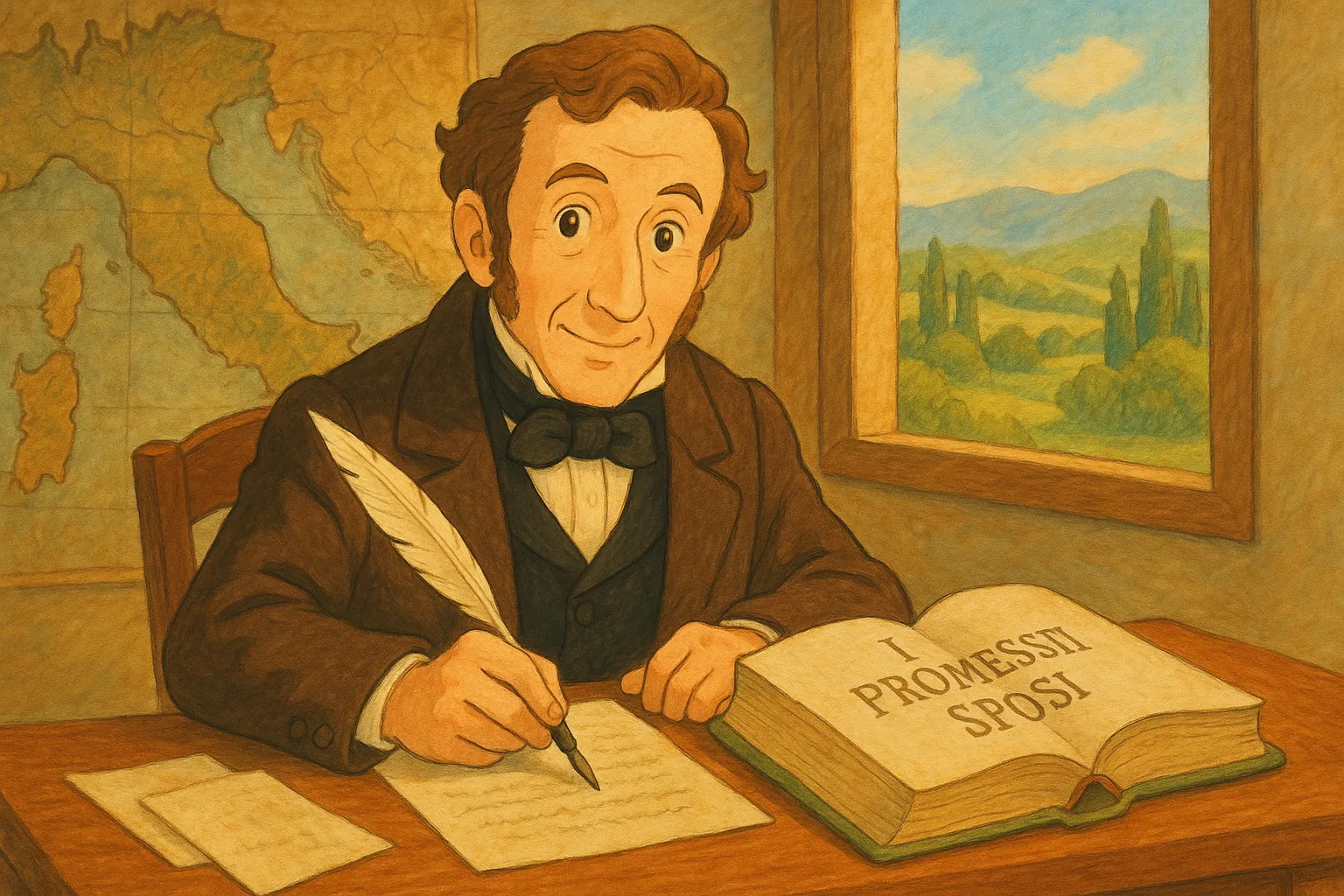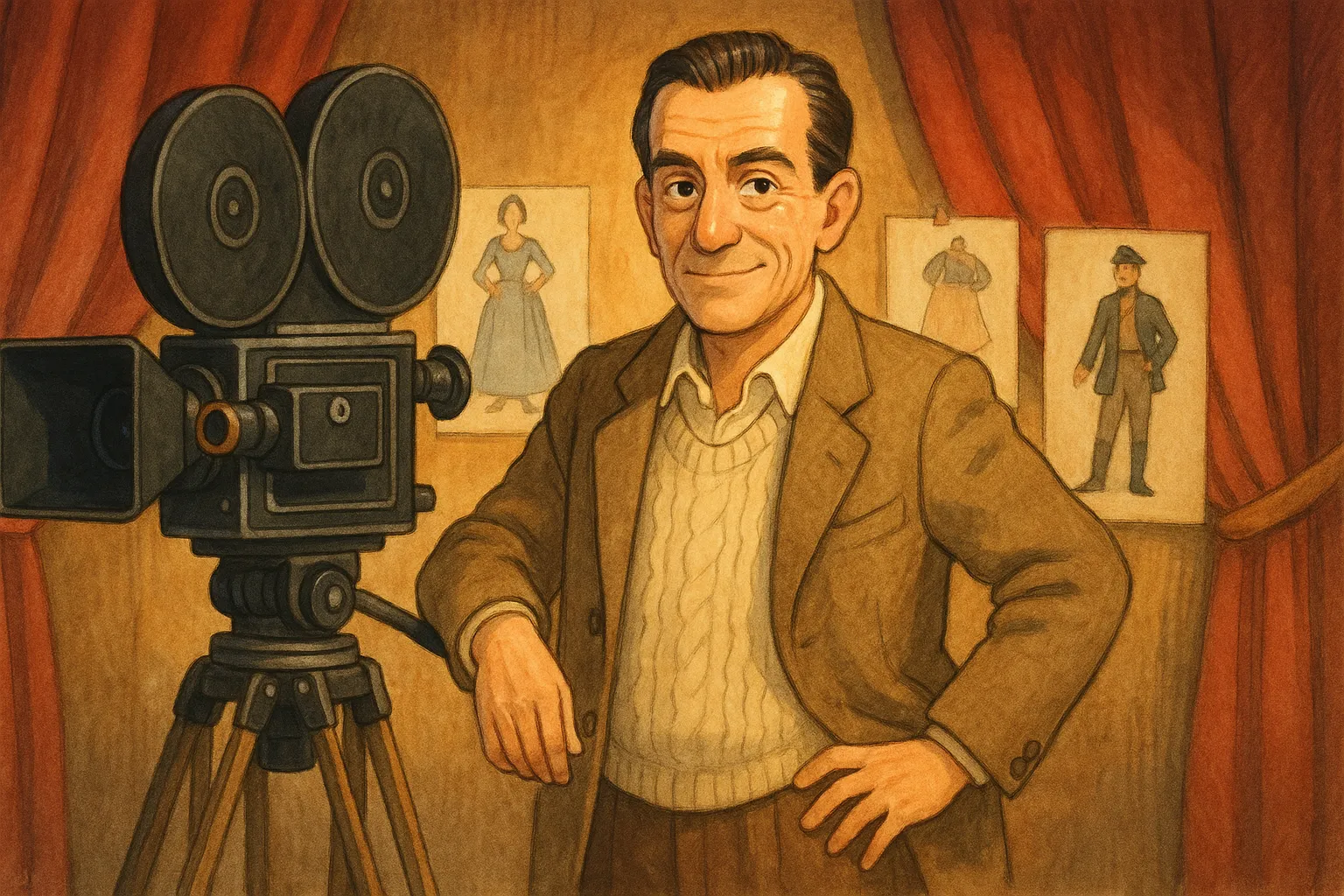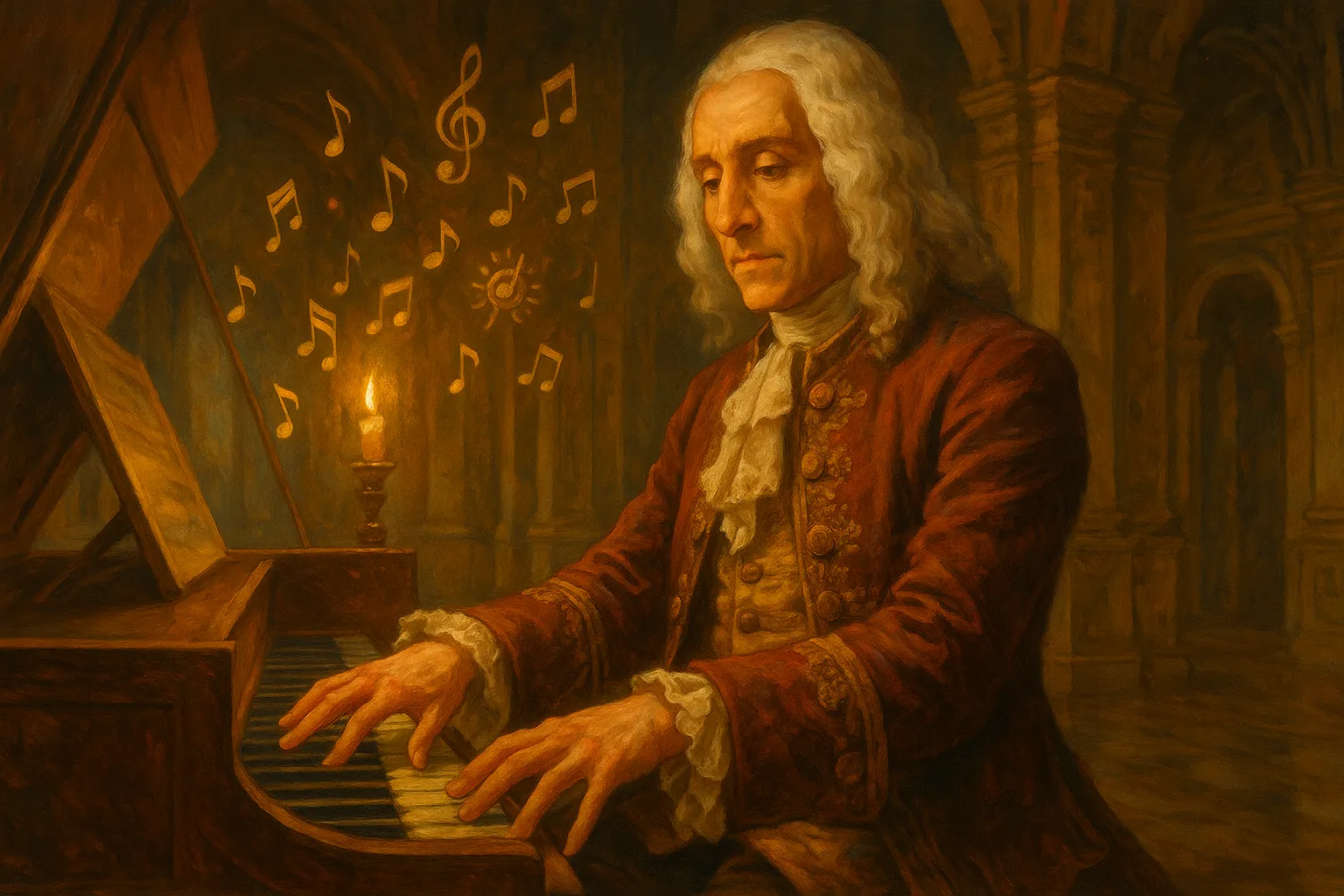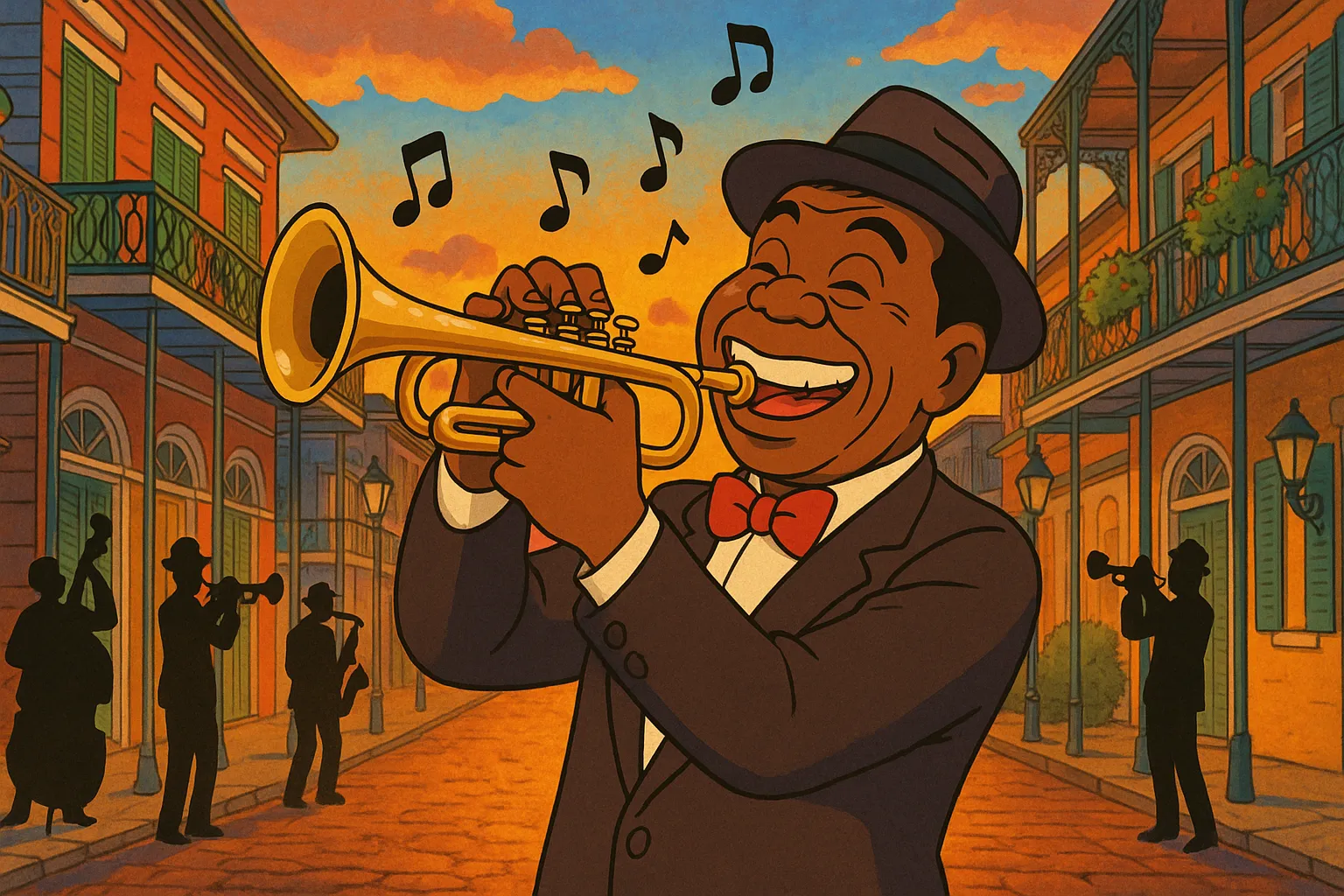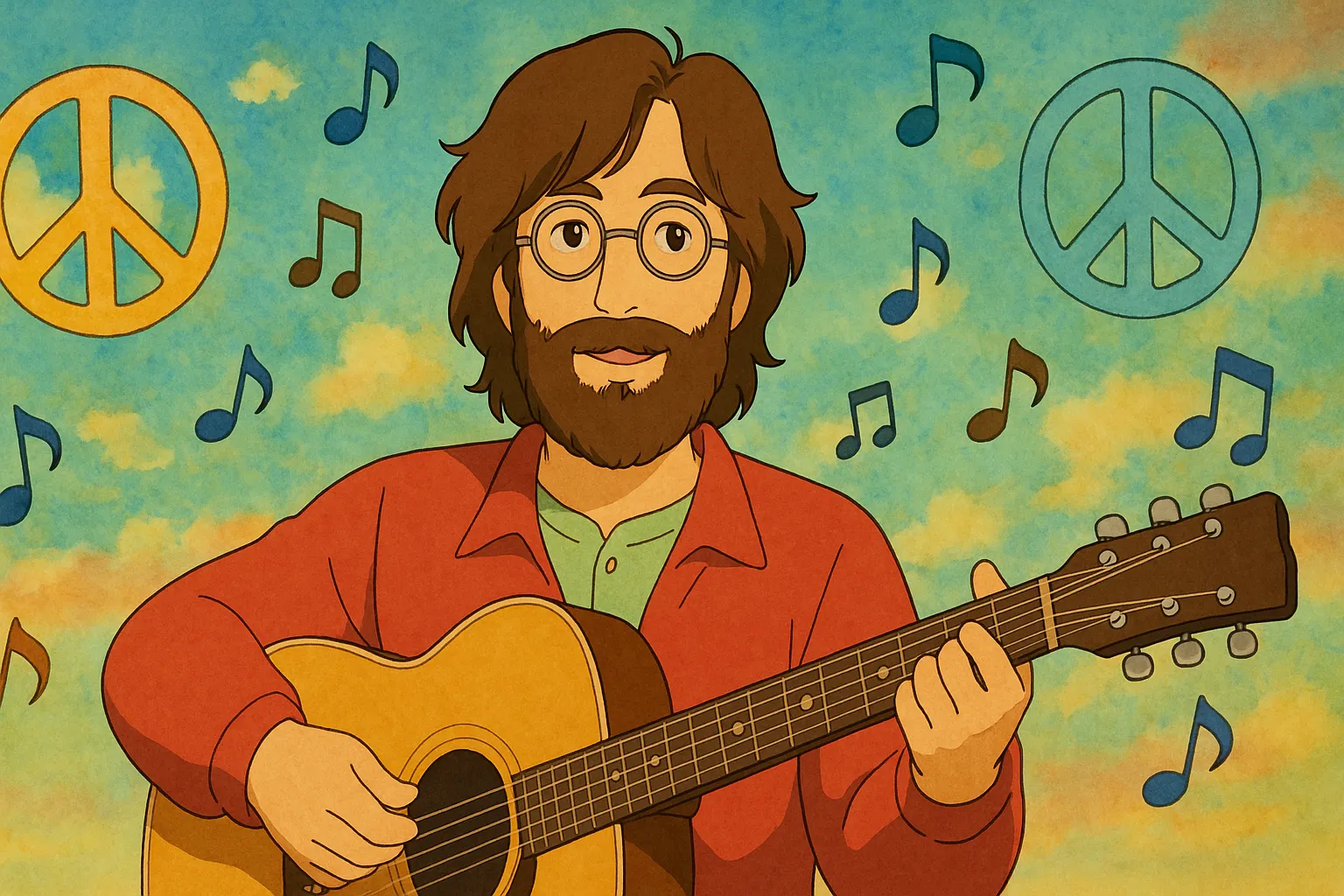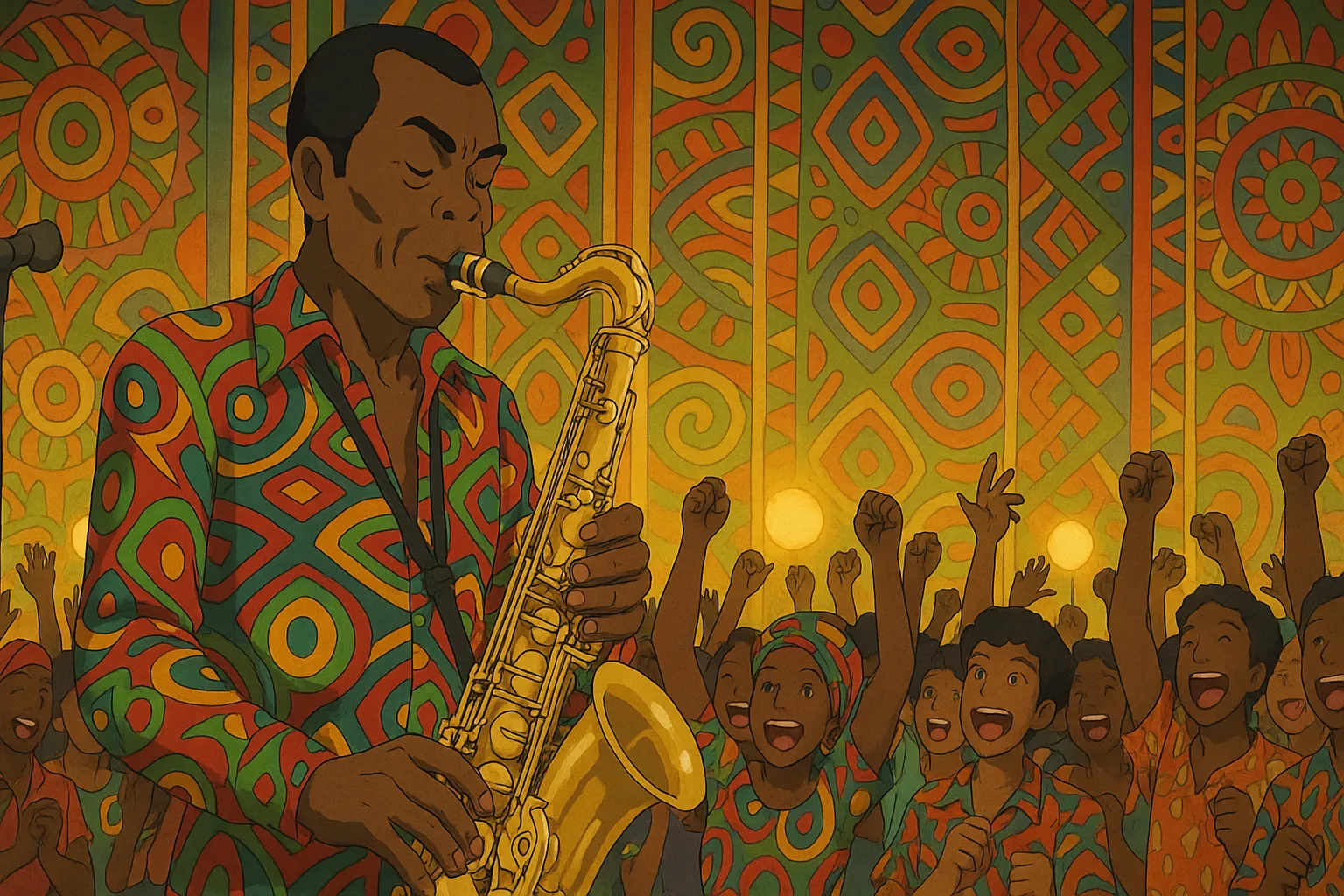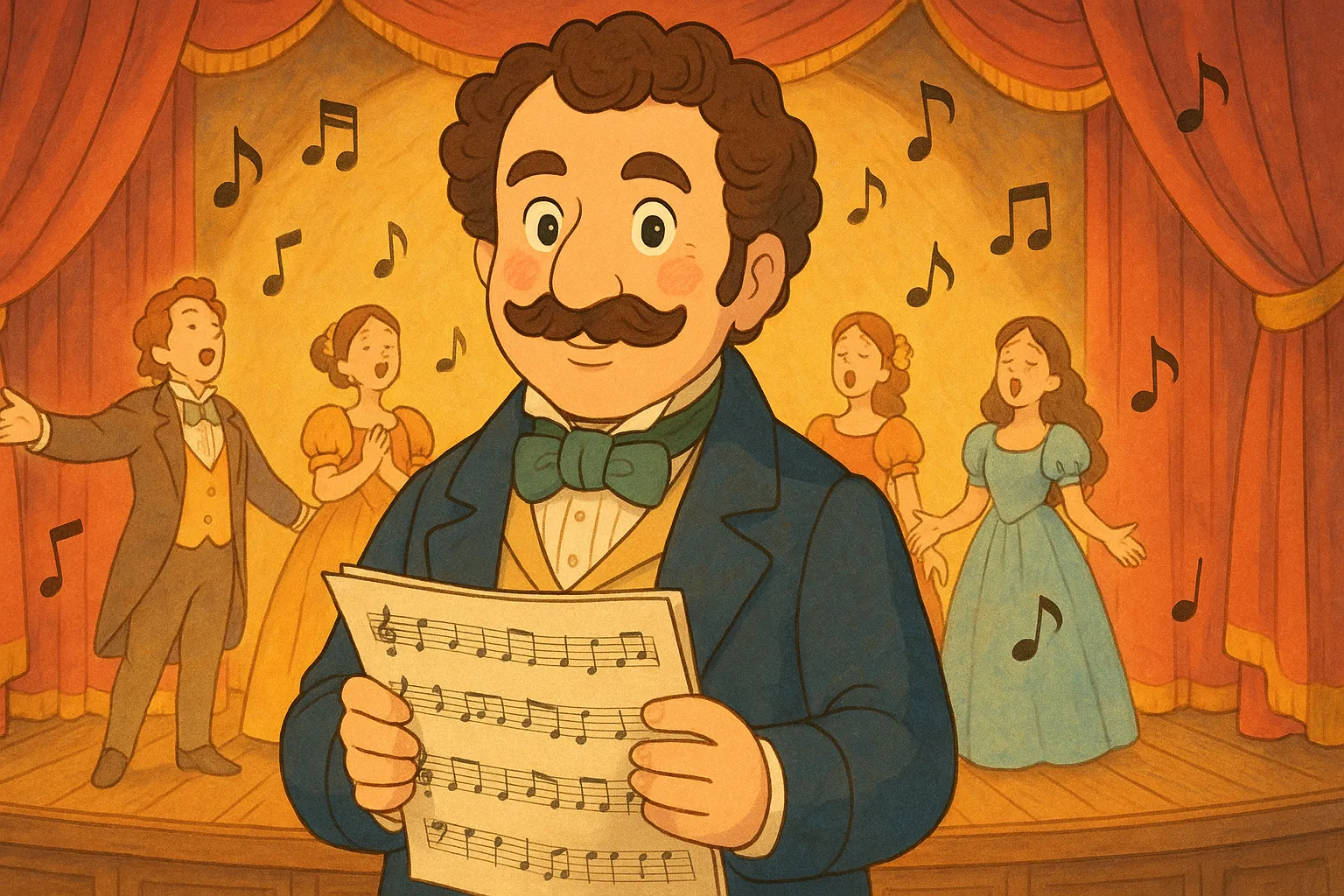
Frequently Asked Questions
Where was Donizetti born?
He was born in Bergamo, a town in northern Italy.
Who taught Donizetti music?
He studied with the composer Johann Simon Mayr, an important teacher in Bergamo.
Did he write music besides operas?
Yes. While best known for operas, he also wrote sacred music, songs, and some instrumental pieces.
Who were his musical peers?
Other famous bel canto composers of his time included Gioachino Rossini and Vincenzo Bellini.
Why did he stop composing late in life?
He became seriously ill in the 1840s and could no longer work; he died in 1848.
